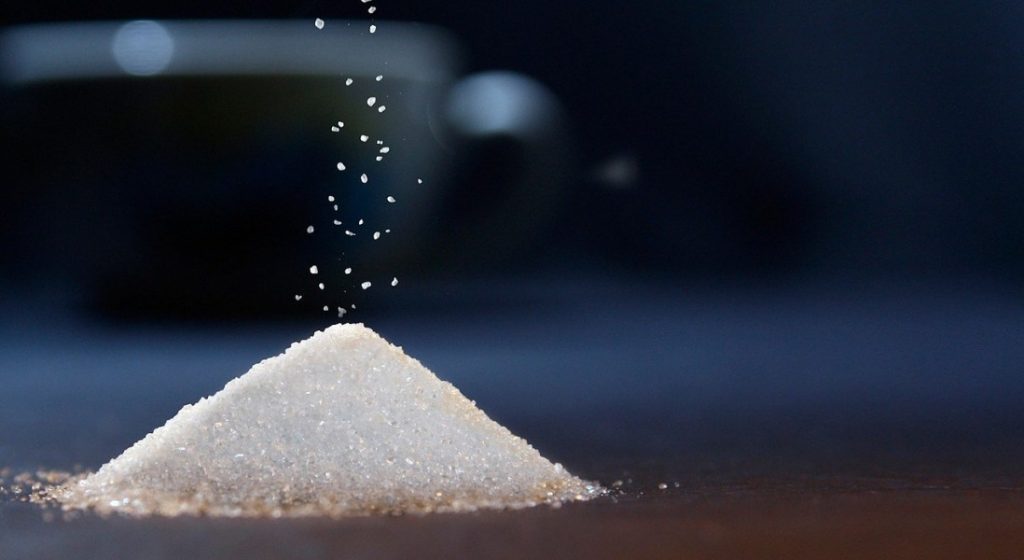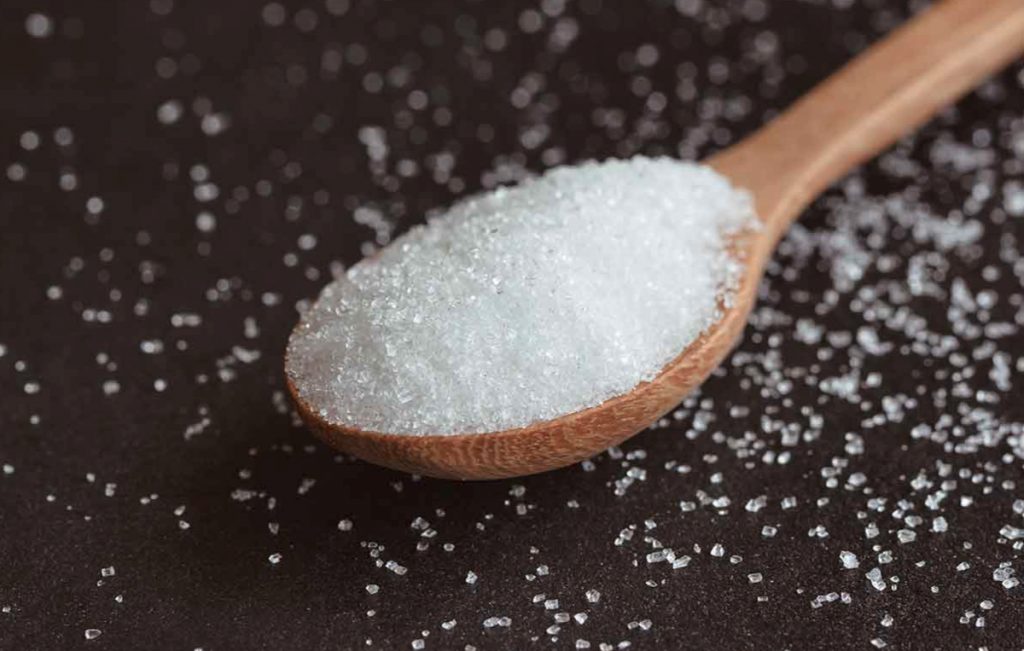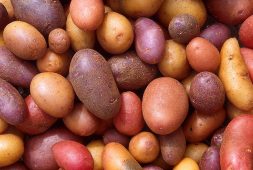
Ah, sugar. Very few ingredients have been as vilified as sugar in the last decade or so, and, many people say, for good reason. Medical journals and studies have reported on numerous studies associating sugar intake with increased aging, cardiovascular disease, obesity, and even cancer. Such research has led to many health experts calling for reductions in our daily recommended sugar intake. Some have even advocated that we cut sugar out completely. What does this mean for us at the end of the line who just want a cupcake or a candy bar at the end of a long day?
People and companies have tried to replace sugar with other natural alternative sweeteners, but it can be hard to find options that are within budget and that taste like how we want it to. Furthermore, some alternative sweeteners have fillers like maltodextrin, which can easily add on more carbohydrates without us even knowing. Popular products like monkfruit are pricier than plain old sugar, and stevia, while known to help improve heart health and cholesterol, tends to have a bitter taste and can include additives.
So, where does that leave us? Are we just going to give up on sugar and sweeteners completely?
Don’t worry, we don’t have to do anything that drastic. A new product on the market, allulose, is something that we’ve all been waiting for. It is fruit-based and has been steadily growing in popularity. Dietician Keri Gans said of allulose, “Chemically, its similar to fructose, the type of natural sugars found in fruit. However, your body doesn’t process it the same way.”

This is where it gets interesting: allulose may be chemically similar to fructose, but it is virtually calorie-free. According to Gans, allulose has absolutely no effect on your blood sugar due to the way your body metabolizes it.
This is good news all around, especially for those of us who are living with either type of diabetes. Research has also supported Gans’ claims about allulose and blood sugar. One study in particular found that allulose helped people living with type 2 diabetes to manage both their glucose levels and to improve insulin resistance. Another study observed the effects of allulose-sweetened beverages versus sucralose-sweetened beverages on people; it was found that those who drank allulose-sweetened beverages dropped significantly more weight than those who drank the sucralose-sweetened beverages.
Also, the Food and Drug Administration has approved allulose for use in baked goods, sweets, drinks, sauces, and other things that improve our menus. Like any food however, you may experience stomach discomfort if you consume too much of it at once, but it isn’t toxic or dangerous. Allulose is also slightly less sweet than sugar, at only about 70 percent as strong. This means that you can substitute it for sugar but adjust for the 30 percent decrease in volume. If you’re still searching for the perfect sugar substitute to stock your pantry with, allulose is definitely an interesting option.



